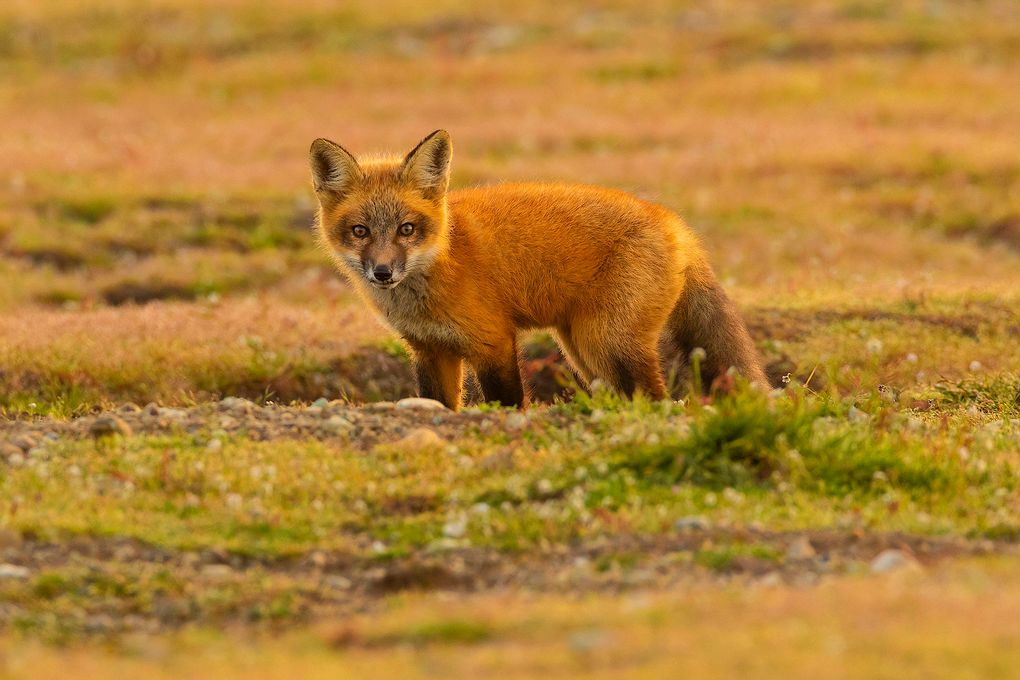A fascinating, heartbreaking, and ultimately uplifting tale of self-discovery from the beloved actress who earned a permanent place in the hears of millions for her role in. Melissa's 'Prairie Tale' A Memoir is the only memoir I have ever been interested in reading. I am very thankful that I did read her memoir as it gave me more insight into Melissa and her remarkable journey thru life. Her incredible sense of humor and poking fun at herself definitely helped with her journey. All journeys have there ups and downs.
| Grim Prairie Tales | |
|---|---|
| Directed by | Wayne Coe |
| Produced by | Richard Hahn |
| Written by | Wayne Coe |
| Starring | James Earl Jones Brad Dourif Will Hare Marc McClure Michelle Joyner William Atherton Lisa Eichhorn |
| Music by | Steven Dancz |
| Cinematography | Janusz Kamiński |
| Edited by | Earl Ghaffari |
Production companies | |
| Distributed by | Image Entertainment |
Release date | September 24, 1990 |
| 86 minutes | |
| Country | United States |
| Language | English |

Grim Prairie Tales is a 1990 American independentWesternhorror film, written and directed by Wayne Coe, and starring an ensemble cast including James Earl Jones, Brad Dourif, Will Hare, Marc McClure, William Atherton, and Lisa Eichhorn.
It is an anthology film of four separate stories, told by two travellers around a prairie campfire. Morrison (Jones) is a grizzled bounty hunter carrying a body, while Farley Deeds (Dourif) is a clerk on the way to a romantic reunion with his wife.
Synopsis[edit]
The first story, told by Morrison, is about an Indian tribe's revenge against a grouchy old man (Will Hare) who desecrates their burial ground. When that tale fails to impress Deeds, the second story, also by Morrison, tells about a man (Marc McClure) who helps a seductive seemingly pregnant demon woman (Michelle Joyner) in trouble. Deeds, disgusted by the second story, responds with the only non-supernatural story of the three, about a homesteader family whose father (William Atherton) is forced to participate in a lynch mob. Finally, after feeling challenged by Deeds' story, Morrison tells about a gunslinger (Scott Paulin) haunted by a gunman (Bruce Fischer) he has killed in a shootout.The next morning, Deeds points out to Morrison that the body he's carrying doesn't match the description on the wanted poster; Morrison cuts the body loose and rides out.

Cast[edit]
- James Earl Jones as Morrison
- Brad Dourif as Farley Deeds
- Will Hare as Lee
- Michelle Joyner as Jenny
- Marc McClure as Tom
- William Atherton as Arthur
- Lisa Eichhorn as Maureen
- Wendy J. Cooke as Eva
- Scott Paulin as Martin
- Tom Simcox as Horn
- Bruce M. Fischer as Colochez
Production[edit]
The film was the sole directorial outing from Coe, a storyboard artist and set decorator. At one point, Coe was considering making a sequel entitled Grim Prairie Tales: Rescue Party. The film was the feature film debut of future Academy Award-winning cinematographerJanusz Kamiński, who at the time worked as a lighting technician and 2nd unit director under fellow DP Phedon Papamichael.
Atherton appeared in the lead role in the 1978 NBC television western miniseriesCentennial. Tom Simcox appeared in Grim Prairie Tales as the wealthy rancher Horn. In an acting career from 1962–1991, he appeared in eight Gunsmoke episodes and in other televisionwesterns.
Reception[edit]
Prairie Tale
At the time of its cinema and subsequent video release it was marketed as a straight horror,[1] and reviews of the time consequently focused on its lack of scares.Stephen Holden from New York Times wrote, 'Grim Prairie Tales aspires to be a sort of western Twilight Zone, but the stories it tells are so flat and lacking in tension and atmosphere that the movie generates no tingles.'[2]Hal Hinson from Washington Post offered the film similar criticism, stating that the film wasn't particularly scary.[3]
Actors on set and audiences Coe subsequently encountered consistently viewed the film as a feminist western rather than a horror, and it has a cult following based on that interpretation.[1]
In the UK its reputation as a cult classic was cemented by its inclusion, in 1993, in the Moviedrome TV strand, where it was introduced by Alex Cox.[4]
References[edit]
- ^ abReesman, Bryan. 'Observer: Analog Gems'. observer.com. observer. Retrieved 16 February 2019.CS1 maint: discouraged parameter (link)
- ^Holden, Stephen. 'Review/Film; Ghost Tales in Cowboy Lands - The New York Times'. New York Times.com. Stephen Holden. Retrieved 19 June 2018.CS1 maint: discouraged parameter (link)
- ^''Grim Prairie Tales''. Washington Post.com. Hal Hinson. Retrieved 19 June 2018.CS1 maint: discouraged parameter (link)
- ^'Moviedromer: Grim prairie tales'. tumblr.com. Retrieved 16 February 2019.CS1 maint: discouraged parameter (link)
External links[edit]
Prairie Tale Reviews
- Grim Prairie Tales at IMDb
- Grim Prairie Tales at Rotten Tomatoes
(I did a search for 'Melissa Gilbert' and 'Half-pint,' but absolutely nothing came up. so if there has been a thread on this prior to V6, don't bitch at me for not searching.)
So I was in the bookstore and picked up Melissa Gilbert's autobiography PRAIRIE TALE and started to leaf through it. Apparently one of the major themes of her childhood was her rivalry with and hatred for Melissa Sue Anderson, who played Mary. (As she points out in her acknowledgements, one of her friends even suggested she title the book, 'Nellie Wasn't the Bitch, Mary Was'). The weird thing is that Melissa Sue doesn't even come across as a bad person, or as cruel; she's just prettier than Melissa Gilbert, and cold (which is unsurprising given MSA's more abstract qualities onscreen.) But Half-Pint constantly complains about how MSA doesn't tell her about what puberty will be like (even though she never asks), is vain, and gets to date Frank Sinatra Jr. (!!!).
